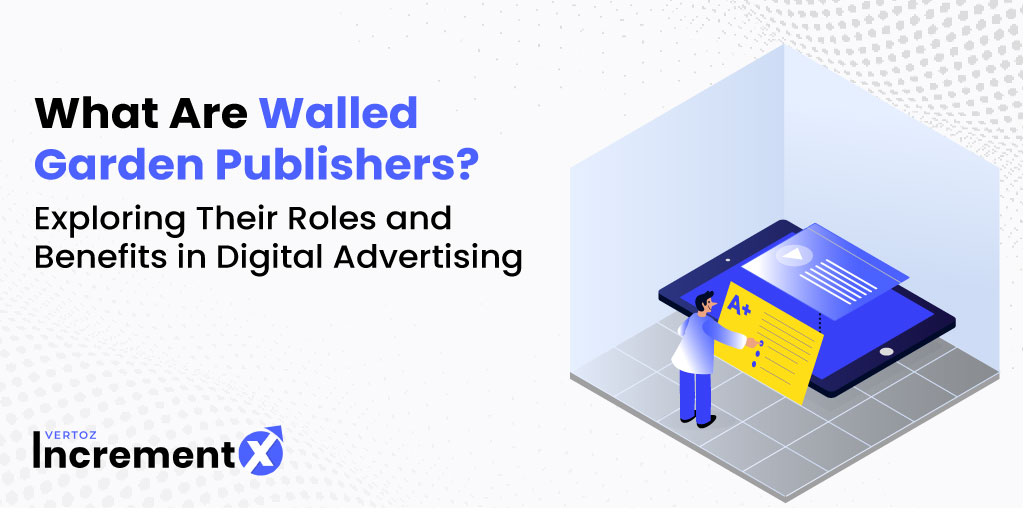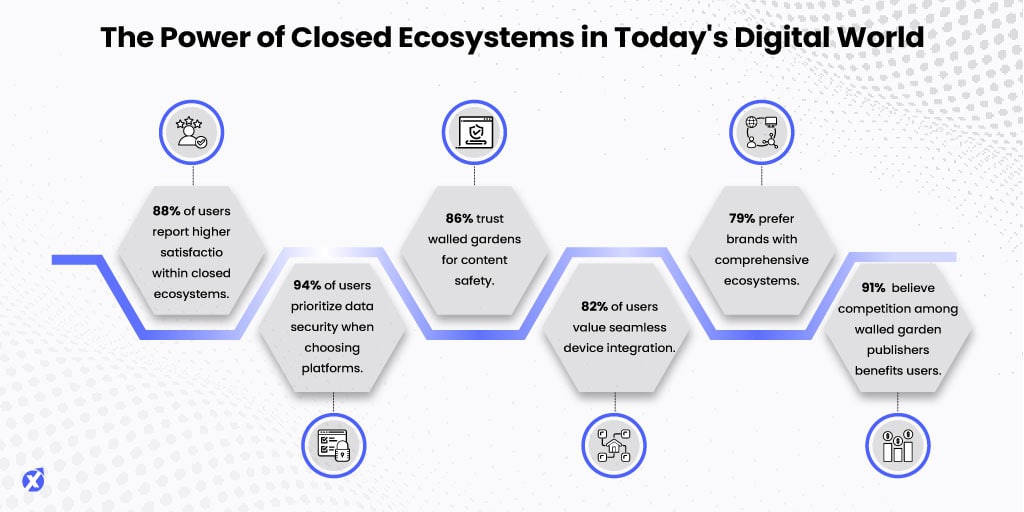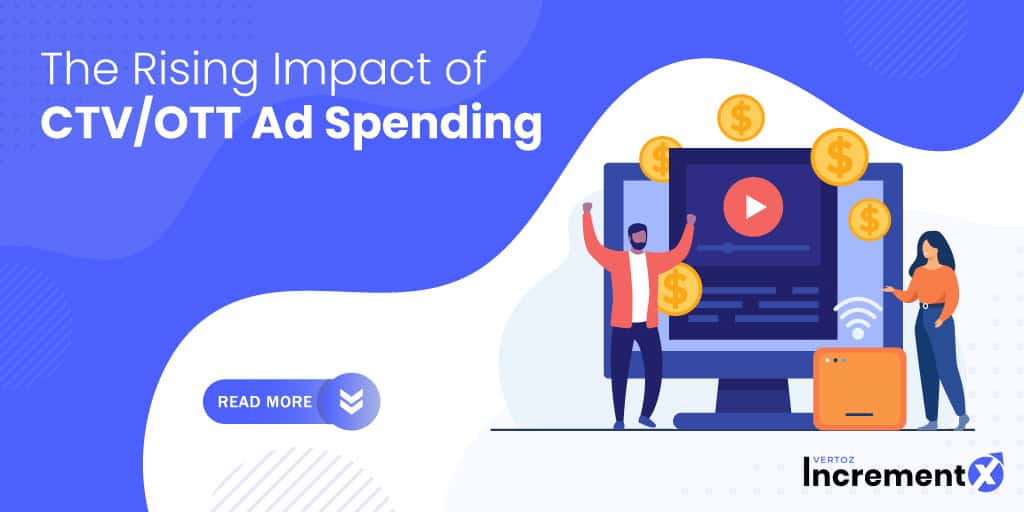In the world of digital content distribution, there’s a concept akin to an exclusive club: Walled Garden Publishers. Think of them as guardians of unique content, operating within their controlled ecosystems. Today, we’ll explore the benefits that set these publishers apart in the digital landscape.
Before we talk about the benefits, let’s get to know what exactly Walled Garden Publishers are.
“Walled Garden Publishers” is a term used in the digital advertising and content distribution industry. Think of them as entities that operate like exclusive clubs within the vast digital landscape. These publishers curate and control their own closed ecosystems where they create, share, and manage content.
Imagine a beautiful garden with high walls surrounding it – access is limited, but the treasures inside are carefully tended to. In the digital world, Walled Garden Publishers carefully guard their content and user data within their controlled environments. They’re not your typical publishers. Instead, they work inside their own exclusive worlds, like private clubs. Some big names in this category are Facebook, Netflix, and the Apple App Store, just to name a few.
Table of contents:
The Unique Advantages of Walled Garden Publishing
Now, let’s explore what makes these walled gardens bloom with advantages:
1. Precise Content Management :
Walled Garden Publishers are like quality control experts. They keep a close watch on what’s inside their boundaries, making sure it meets high standards. This careful management helps reduce unwanted clutter, spam, and irrelevant material, resulting in a more streamlined and enjoyable user experience. Walled Garden Publishers create a more focused and organized space for users to explore and interact with content.
2. Opportunities for Revenue Generation :
Walled garden publishers offer a range of avenues to generate income. Consider YouTube, for instance; content creators can monetize their videos through advertisements and establish a dedicated following by offering channel memberships. This diversification of income streams can be a substantial benefit for those in the content creation industry.
3. Seamless User Experience :
When you’re in a closed digital world, things just work together smoothly. Take Apple, for example; they make sure their devices, software, and services all work together seamlessly. This kind of harmony makes people really happy with their experience, gets them more involved, and makes them more loyal to the brand.
4. Content Safety and Security :
In a time when there are lots of worries about data leaks and privacy issues, walled-garden publishers put safety first. They spend a lot of money on making sure everything is really secure. This means they work hard to protect your personal information and the stuff you share on their platforms from anyone who might try to use it with harmful intent.
5. Discovery of Quality Content :
Walled garden publishers are great at showing you stuff you’ll really like. They achieve this through advanced algorithms that carefully analyze how users behave online. These algorithms then make personalized recommendations, suggesting content that aligns with each user’s interests and habits.
6. Ecosystem Synergy :
These ecosystems really benefit the people who use them. For example, Apple has made a digital world where everything works together smoothly. This makes people really like Apple and not want to use other things because they’re used to how easy and nice it is. It’s like when you find your favorite spot and don’t want to leave because it’s so comfy and familiar.
In Conclusion: The Potential of Walled Garden Publishers
In the ever-evolving digital landscape, walled garden publishers have become significant influencers in the distribution of content. They bring distinct advantages such as controlling content quality, creating revenue opportunities, enhancing user experiences, ensuring content safety, facilitating content discovery, and fostering ecosystem coherence.
Nevertheless, like any dynamic field, they encounter challenges, including regulatory scrutiny and the delicate balance of competition. Finding the right mix between keeping things in control and letting the internet stay open is still a work in progress.
As technology advances, walled garden publishers will continue to adapt, shaping the landscape of content creation, sharing, and consumption. Recognizing their role is not just a matter of curiosity; it is crucial for effectively navigating the ever-changing digital content landscape.




